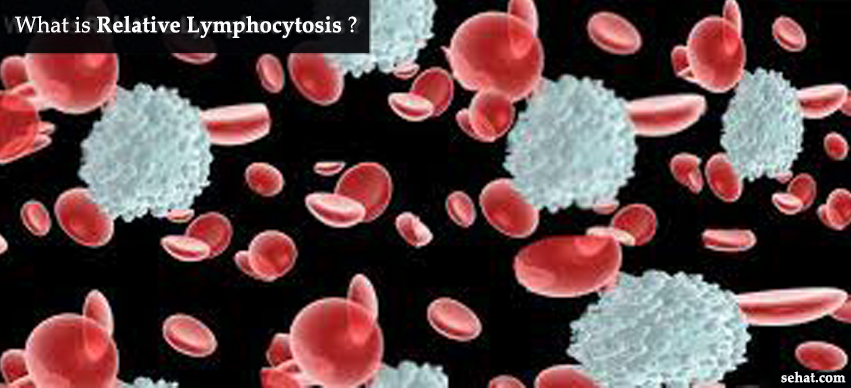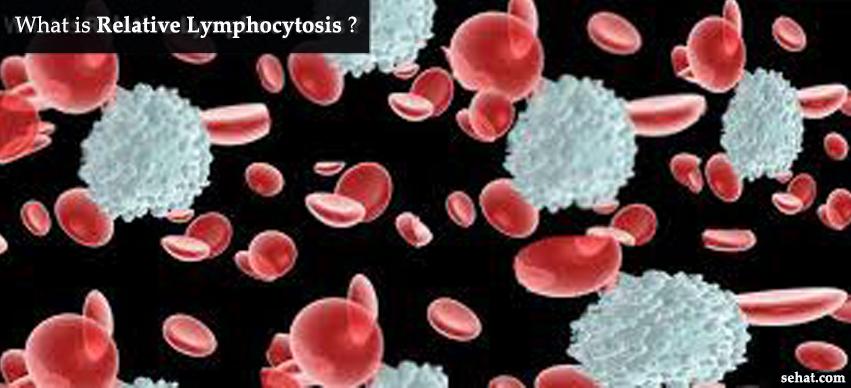Nanoparticle Therapy – An Emerging Cancer Treatment
5 Min Read


Lymphocytes are a sub-type of white blood cells. They are found mainly in lymph tissues of the body and therefore they are called lymphocytes. These are of two types:
Lymphocytes play an important role in providing immunity to our body against infections and toxins which can make us sick. These blood cells are capable of identifying and destroying infective microorganisms.
Normal Range For WBC: 5000-10000/cu.mm of blood
Normal Range For Lymphocyte: 1000-4000/cu.mm of blood (20-40% of total circulating WBC)
Lymphocytosis is a pathological condition in which there is an increase in lymphocyte count in the blood. It can occur in people of both sexes and all age groups. Raised lymphocytes are seen under normal conditions in children and during pregnancy. Lymphocytes are raised abnormally in response to infection or inflammation present anywhere in the body.
Based on differential blood count findings, lymphocytosis can be divided into the following two types:
Relative lymphocytosis is said to be present when the percentage of lymphocytes in blood is more than 40% but the absolute lymphocyte count is normal, that is, it does not exceed 4000/cu.mm of blood.
Relative lymphocytosis can be normally seen in children below 2 years of age. Other causes for relative lymphocytosis are:
Thyrotoxicosis- The presence of excess thyroid hormones in the blood
Addison's Disease- An endocrine disorder where adrenal glands fail to produce steroid hormones
Splenomegaly due to splenic sequestration of granulocytes(spleen becomes enlarged due to the rapid destruction of granulocytes which are a type of white blood cells. The spleen itself gets damaged and functions poorly).
Relative lymphocytosis is usually an accidental finding, which means that it may be detected by chance when a complete blood count is done routinely. Several patients remain asymptomatic for a long period of time until they notice enlarged lymph nodes or infection. Signs and symptoms may range from none to severe depending upon the conditions responsible for relative lymphocytosis.
While some patients may not experience any symptoms at all other than fatigue which is often ignored; others may have signs and symptoms corresponding to the underlying disease condition. You may experience the following signs and symptoms if you have relative lymphocytosis:
You need to visit the doctor to get yourself evaluated and treated if you observe the presence or worsening of any of the above-mentioned signs and symptoms.
If relative lymphocytosis is detected on your routine blood test, you need to contact your doctor immediately to diagnose the underlying condition causing relative lymphocytosis to plan the treatment accordingly. For patients who are found to have relative lymphocytosis on routine blood tests may be advised to undergo some set of tests to detect the exact cause. In several patients, lymphocytosis goes sway once the underlying condition is resolved.
For adults who have previously been diagnosed with certain conditions like connective tissue disorders or endocrine conditions causing relative lymphocytosis, a follow-up test may be advised and treatment will be advised for the same. Since relative lymphocytosis is a normal finding among children below 2 years of age, they will not require any specific treatment unless diagnosed with some other cause.
Treatment for relative lymphocytosis will vary from case to case based upon the underlying cause. It aims primarily at relief from signs and symptoms:
It is important to disclose to your doctor any history of previous illnesses, family history of any major illness, past medical reports, history of medications or surgery as this set of information can change the approach for treatment.
There are no specific preventive measures or vaccines that can be taken to avoid the occurrence of relative lymphocytosis. Yet you can speak to your doctor regarding the best kind of diet and exercise for your specific condition. An appropriate diet can help you to avoid further episodes of lymphocytosis or its complications if you have any of the chronic illnesses out of the list of causes mentioned above.